Since taking office in January, Trump's sweeping tariff decisions, ranging from steel to smartphones have shaken markets, sparked global tensions, and triggered legal battles, with major duties hitting China, the EU, and even U.S. allies.
U.S. President Donald Trump's tariff decisions since he took office on January 20 have shocked financial markets and sent a wave of uncertainty through the global economy.
Here is a timeline of the major developments:
February 1 - Trump imposes 25% tariffs on Mexican and most Canadian imports and 10% on goods from China, demanding they curb the flow of fentanyl and illegal immigrants into the United States.
February 3 - Trump suspends his threat of tariffs on Mexico and Canada, agreeing to a 30-day pause in return for concessions on border and crime enforcement. The U.S. does not reach such a deal with China.
February 7 - Trump delays tariffs on de minimis, or low-cost, packages from China until the Commerce Department can confirm that procedures and systems are in place to process them and collect tariff revenue.
February 10 - Trump raises tariffs on steel and aluminum to a flat 25% "without exceptions or exemptions".
March 3 - Trump says 25% tariffs on goods from Mexico and Canada will take effect from March 4 and doubles fentanyl-related tariffs on all Chinese imports to 20%.
March 5 - The president agrees to delay tariffs for one month on some vehicles built in Canada and Mexico after a call with the CEOs of General Motors and Ford and the chair of Stellantis.
March 6 - Trump exempts goods from Canada and Mexico under a North American trade pact for a month from the 25% tariffs.
March 26 - Trump unveils a 25% tariff on imported cars and light trucks.
April 2 - Trump announces global tariffs with a baseline of 10% across all imports and significantly higher duties on some of the U.S.' biggest trading partners.
April 9 - Trump pauses for 90 days most of his country-specific tariffs that kicked in less than 24 hours earlier following an upheaval in financial markets that erased trillions of dollars from bourses around the world.
The 10% blanket duty on almost all U.S. imports stays in place.
Trump says he will raise the tariff on Chinese imports to 125% from the 104% level that took effect a day earlier. This pushes the extra duties on Chinese goods to 145%, including the fentanyl-related tariffs imposed earlier.
April 13 - The U.S. administration grants exclusions from steep tariffs on smartphones, computers and some other electronics imported largely from China.
April 22 - The Trump administration launches national security probes under Section 232 of the Trade Act of 1962 into imports of both pharmaceuticals and semiconductors as part of a bid to impose tariffs on both sectors.
May 4 - Trump imposes a 100% tariff on all movies produced outside the U.S.
May 9 - Trump and British Prime Minister Keir Starmer announce a limited bilateral trade agreement that leaves in place 10% tariffs on British exports, modestly expands agricultural access for both countries and lowers prohibitive U.S. duties on British car exports.
May 12 - The U.S. and China agree to temporarily slash reciprocal tariffs. Under the 90-day truce, the U.S. will cut the extra tariffs it imposed on Chinese imports to 30% from 145%, while China's duties on U.S. imports will be slashed to 10% from 125%.
May 13 - The U.S. cuts the low value "de minimis" tariff on China shipments, reducing duties for items valued at up to $800 to 54% from 120%.
May 23 - Trump says he is recommending a straight 50% tariff on goods from the European Union starting on June 1.
He also warned Apple it would face 25% tariff if phones it sold in the U.S. were manufactured outside of the country.
May 25 - Trump backpedals on his threat to slap 50% tariffs on imports from the EU, agreeing to extend the deadline for talks between the U.S. and the block until July 9.
May 28 - A U.S. trade court blocked Trump's tariffs from going into effect in a sweeping ruling that the president overstepped his authority by imposing across-the-board duties on imports from U.S. trade partners. The Trump administration said it would appeal the ruling.
May 29 - A federal appeals court temporarily reinstates the most sweeping of Trump's tariffs, saying it was pausing the lower court's ruling to consider the government's appeal, and ordered the plaintiffs in the cases to respond by June 5 and the administration by June 9.
May 30 - At a rally in Pennsylvania, Trump says he plans to increase tariffs on imported steel and aluminum to 50% from 25%.
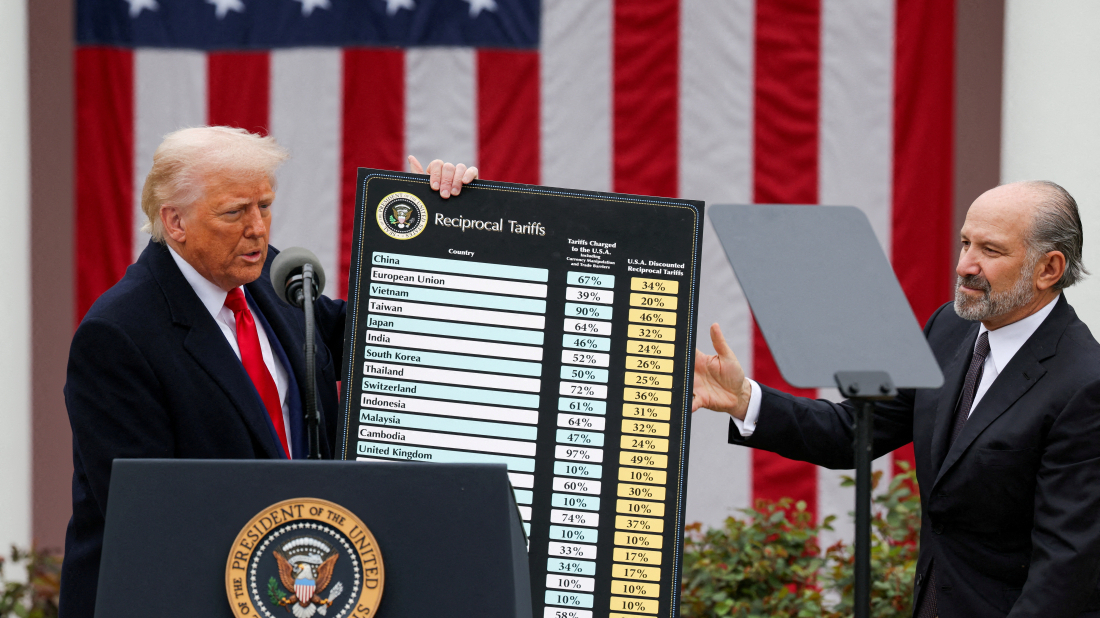
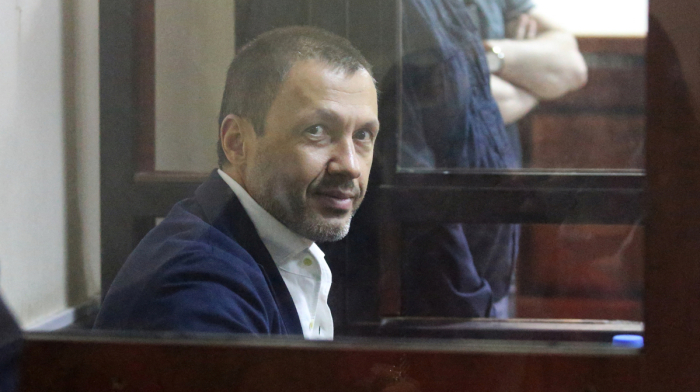
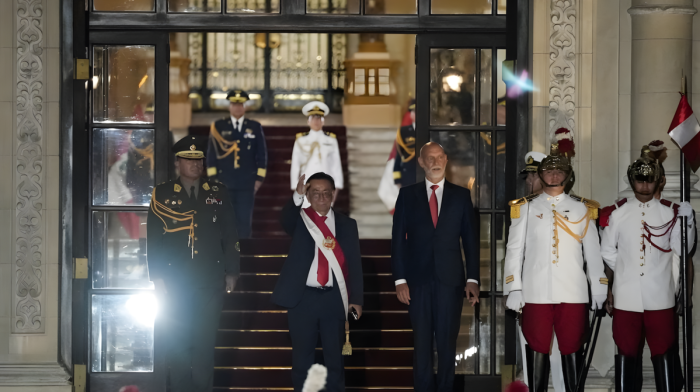

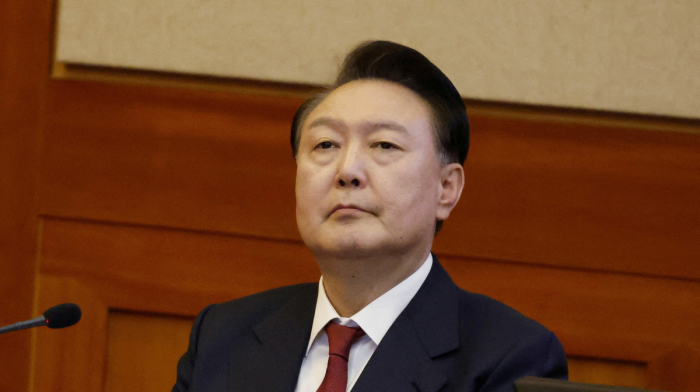
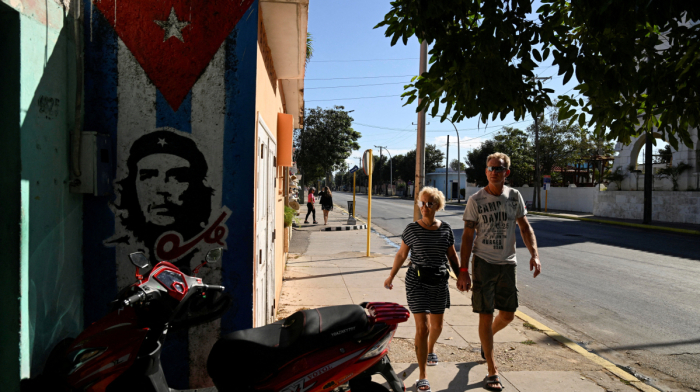


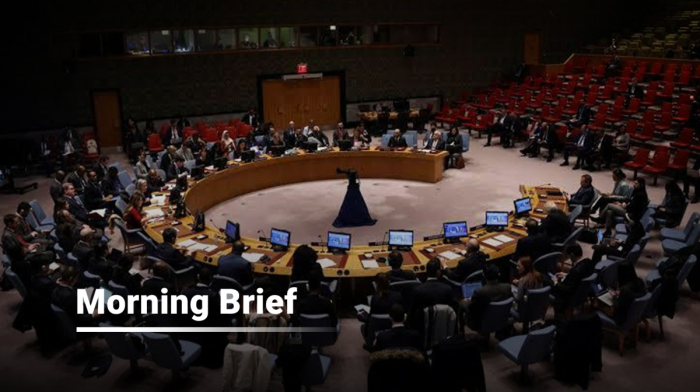

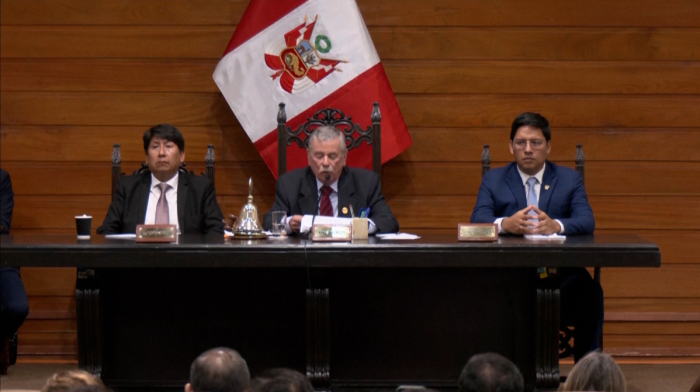


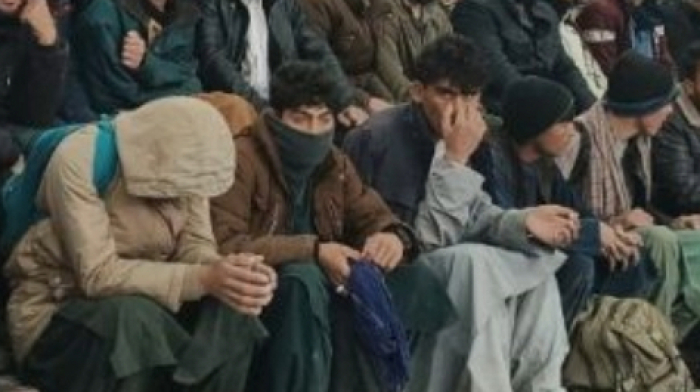



What is your opinion on this topic?
Leave the first comment